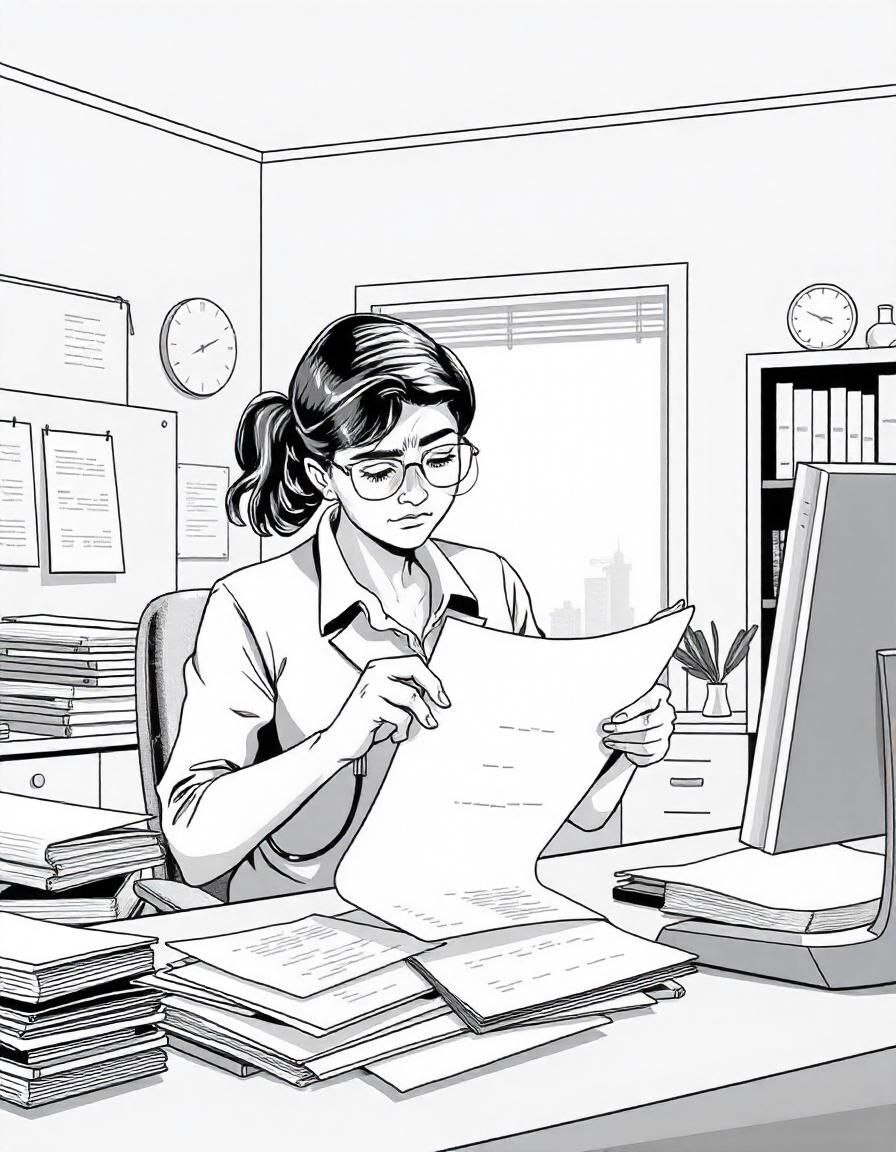
Common mistakes to avoid in a will are generally noticed at the time of probate, when the author has already passed away. It then falls upon the family to resolve the mistake, which can add stress in an already emotionally difficult time. Although wills don’t necessarily need to be written on stamp paper, small mistakes can invalidate the will, making it difficult to comprehend and execute it.
Consider the case of 68-year-old Rajan Shah from Mumbai. In January 2023, he drafted his own Will, detailing his intention for his assets to be inherited by his children. However, he did not sign the document, nor had it been attested by witnesses. He assumed that simply writing down his wishes would prevent any complications for his family. Unfortunately, he was mistaken. After passing in May 2023, his family encountered several legal challenges1. This blog is a comprehensive guide to avoiding such common mistakes while drafting a will.
Common Mistakes to Avoid while drafting a Will .

Long after the testator’s death, errors in a will frequently come to light during the probate process. This stresses an already difficult situation by leaving the family to resolve conflicts. Even tiny common mistakes might make them challenging to carry out. Following are a few Common Mistakes that people make in the process of Will-Making.
1. Think Beyond Death
A will should address more than just what happens after you pass—it should also include provisions for when you’re alive but unable to make decisions. Consider adding terms that legally outline your healthcare wishes if you’re incapacitated.
2. Keep It Updated
Once you write a will, it’s tempting to “set it and forget it.” But life changes! Review your will every three to five years or after major events like buying property, having a child, getting married or divorced, or relocating. This ensures it stays accurate and reflects your current wishes.
3. Non-Probate Assets Matter

Only some of your assets pass through your will. Things like retirement accounts and life insurance have separate beneficiary forms. If you forget to update these, the money could go to someone unintended—like an ex-spouse—even if you will say otherwise. Therefore, always keep these forms up to date!
4. Plan for the “What Ifs”
Do not forget about the state and country specific laws governing the validity of your Will. Brian Seelinger, Attorney, Knox McLaughlin Gornall & Sennett, P.C. suggests caution on this front. He advices:
“The form of the will and its execution are the crucial formalities that cause a will to be invalidated. The movies and books we all love tend to generalize laws and look for dramatic conditions that are the exception rather than the rule in laws of various states, and will validity are determined by state law. One great example is the belief that a holographic will (written in one’s own hand) is valid regardless of whether it was witnessed. This isn’t the truth in many states; some states only accept a holographic will if it was written while the testator lived in a state that recognizes holographic wills.”
Thus, don’t forget to seek legal guidance while making this important document for your and your loved ones’ peace of mind.
5. Plan for the “What Ifs”
What happens if a beneficiary dies before you or your will is settled? As Hung-Lin Lai, Managing Partner, Lai & Turner Law Firm PLLC put it:
“We recommend naming contingent beneficiaries in your will and other estate documents. This ensures that if a primary beneficiary cannot inherit—due to death, inability to be located, or refusal—the assets seamlessly pass to your chosen backup, aligning with your intentions and minimizing potential legal complications.By thoughtfully appointing contingent beneficiaries and keeping your estate plan up to date, you can effectively prepare for unexpected events and ensure a smooth distribution of your assets.”
If your will doesn’t account for this, your hard-earned earnings could be left without a clear recipient, leading to default legal rules that decide who gets what. Always specify backup beneficiaries to avoid this.
6. Don’t Forget Digital Assets
Digital accounts abound for all of us: social networking, streaming, online banking, etc. If you fail to include these in your will, your family may find it difficult to obtain them for months or even years. For assets like cryptocurrencies, having a plan could save you money. As Thomas Franklin, CEO, Swapped advices:
“A good place to start in the will when securing digital assets and cryptocurrencies is a clear chain of custody for access credentials (private keys, wallet recovery phrase, etc). And this typically means having a combination of both offline and online storage, such as a password manager or encrypted USB stick to keep this important information safe yet accessible. You could give directions as to where to look for these credentials rather than listing them in the will themselves (this could be a security risk).”
A digital vault, like the Asset Vault by Mitt Arv, can be invaluable for securely storing the chain of custody and efficiently monitoring multiple accounts.
Conclusion
Creating a will is not just a legal formality; it is a vital step in ensuring your wishes are honoured, and your loved ones are protected after your passing. Throughout this guide, we have explored common mistakes while will-making that can prevent individuals from doing so. Ready to create a will? Start with our step-by-step guide and protect your legacy.